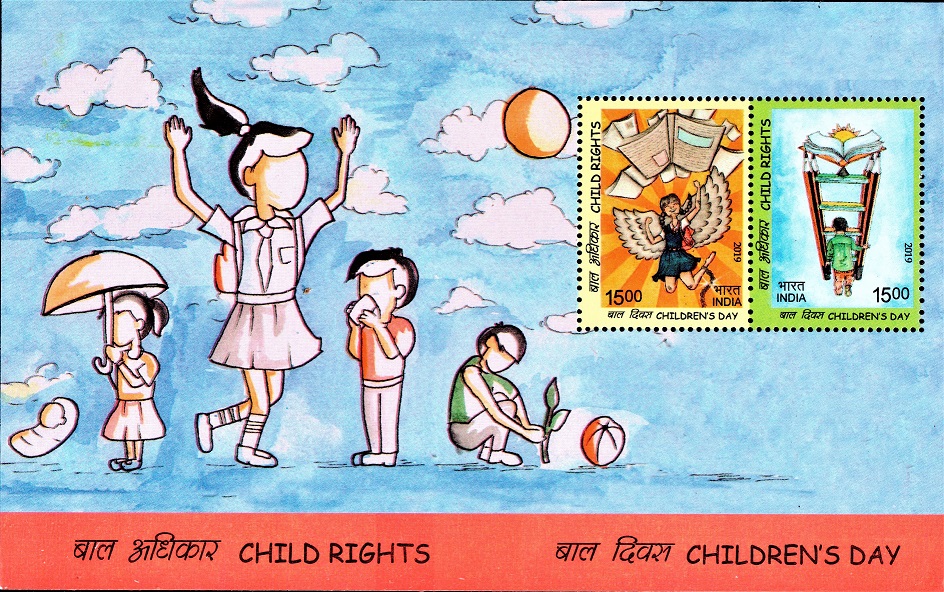
Child Rights in India
A Miniature Sheet consisting of 2 nos. of postage stamp on the Children’s Day 2019 : 70 years of the presence of UNICEF in India :


 Issued by India
Issued by India
Issued on Nov 14, 2019
Issued for : India Post is happy to issue this set of two stamps on Child Rights to celebrate Children’s Day, 2019 and to mark the 30th Anniversary of the United Nations Convention of the Rights of the Child (CRC) as well as 70 years of the presence of UNICEF in India.
Credits :
Stamp/Miniature Sheet/FDC/Brochure/Cancellation Cachet : Smt. Alka Sharma
Type : Miniature Sheet, Mint Condition
Colour : Multi Colour
Denomination : 1500 Paise (2)
Stamps Printed : 500000 each
Miniature sheets printed : 110000
Printing Process : Wet Offset
Printer : Security Printing Press, Hyderabad
About :
- This year, the Department of Posts and UNICEF joined hands to hold a Stamp Design Contest on Child Rights. This contest served the twin objectives of raising awareness on the subjects of Child Rights as well as Philately among children. The genesis of this collaboration came on one hand from the fact that every year India Post celebrates Children’s Day through the release of Commemorative Postage Stamps and on the other hand from the fact that the year 2019 marks the 30th Anniversary of the United Nations Convention of the Rights of the Child (CRC) and 70 years of UNICEF’s presence of India. The Stamp Design Contest was held from 7 August to 30 September, 2019 and the prize-winning entries have been adapted as stamps to celebrate Children’s Day.
- Millions of children the world over, are abandoned. They do not get a chance to step into a school. They are left to fend for themselves on the streets. They suffer from many forms of abuse. They do not have access to even primary health care. They are subjected to cruel and inhuman treatment every day. They are children – innocent, young and beautiful – who are deprived of their rights.
- The League of Nations adopted the Geneva Declaration of the Rights of the Child (1924) which enunciated the child’s right to receive the requirements for normal development, the right of the hungry child to be fed, the right of the sick child to receive health care, the right of the backward child to be reclaimed, the right of orphans to shelter and the right to protection from exploitation.
- The United Nations Universal Declaration of Human Rights (1948) in Article 25(2) recognized the need of motherhood and childhood to “special protection and assistance” and the right of all children to “social protection”. The United Nations General Assembly adopted the United Nations Declaration of the Rights of the Child (1959), which enunciated the key principles for the protection of children’s rights.
- Thirty years ago, world leaders made a historic commitment to the world’s children by adopting the United Nations Convention on the Rights of the Child – an international agreement on childhood. It’s become the most widely ratified human rights treaty in history and has helped transform children’s lives around the world. The Convention defines Child Rights as the minimum entitlements and freedoms that should be afforded to every citizen below the age of 18 regardless of race, national origin, colour, gender, language, religion, opinions, wealth, birth status, disability or other characteristics. The Convention classifies the fundamental rights that should be afforded to children into four broad categories:
- Right to Survival: Right to be born, minimum standards of food, shelter and clothing, right to live with dignity and access to health care, to safe drinking water, nutritious food, a clean and safe environment and information to help them stay healthy. Children have the right to an adequate standard of living, education and services and to play and recreation.
- Right to Protection: Right to be protected from all sorts of violence, neglect, physical and sexual abuse and dangerous drugs. This includes the right to safe places for children to play; constructive child rearing behavior and acknowledgement of the evolving capacities of children.
- Right to Participation: Right to freedom of opinion, freedom of expression, freedom of association, information and participation in any decision making that involves him/her directly or indirectly. Children have the right to participate in communities and have programs and services for themselves. This includes children’s involvement in libraries and community programs, youth voice activities etc.
- Right to Development: Right to education, to learn, relax and play and all forms of overall development – emotional, mental and physical. In the modern context, this includes skill development and equipping every child to prepare for a sustainable future.
- As part of the Contest, children of classes I to XII were invited to draw/paint/sketch their ideas on the theme of “Child Rights”. Eight prizes were announced i.e. First Prize of Rs. 50000, Second Prize of Rs. 25000, Third Prize of Rs. 10000 and five Consolation Prizes of Rs. 5000 each. Based on the selected entries, philatelic items viz. Stamps, Miniature Sheet, First Day Cover, Brochure are designed and are being released on the occasion of Children’s Day 2019. The first three winners are Ms. Nidhi Rahul Mhatre, Ms. Vibhushi Agarwal and Ms. Deepali Midha. Five consolation winners are Master Rupam Mahanty, Ms. Vaidehi Vikas Shirsath, Ms. Arya Thapa, Master Sarvesh Suresh Joshi and Ms. Kratika Chittoriya.
- Text : Sh. Pallab Bose



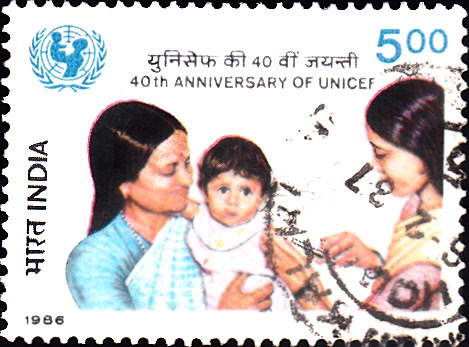
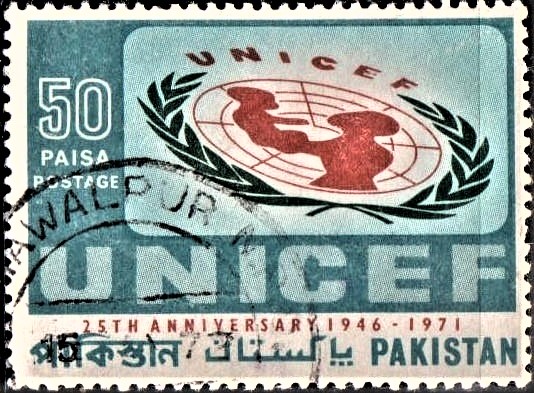

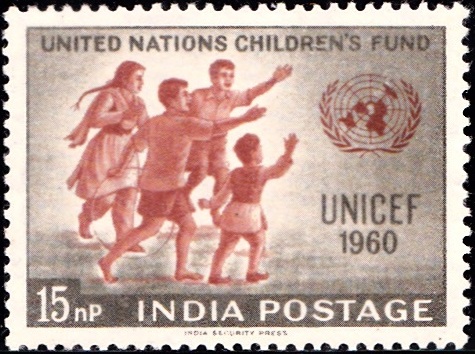
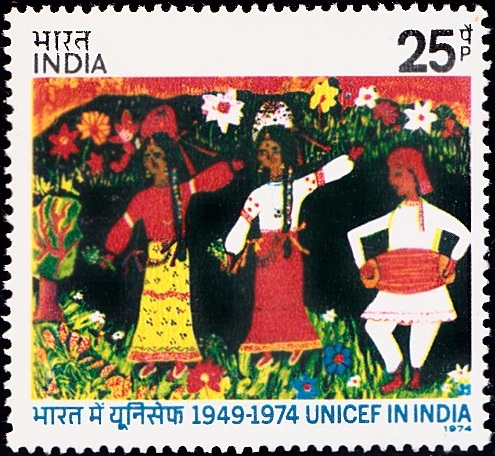
[…] in good times or bad, war or peace. It provides an impetus for ratification of Convention on the Rights of the Child, a historic legal codification of society’s responsibilities to children, adopted by the United […]